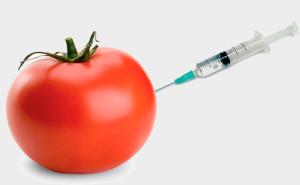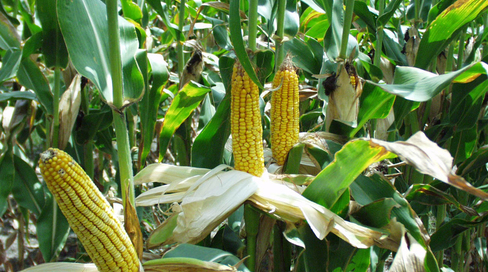 GMOs and GM foods have become quite the buzzwords recently, especially with Chipotle announcing they will no longer use food with GMOs.
GMOs and GM foods have become quite the buzzwords recently, especially with Chipotle announcing they will no longer use food with GMOs.
Although those words are familiar to many of us, there may still be some confusion as to what genetically modified organisms (GMOs) or GM foods are and why they came about.
Genetic engineering consists of removing the genetic material from one organism and inserting it into the permanent genetic code of another. Genetic engineering became popular, in part, to make food, crops and animals resistant to pests and disease. GE also allows for crops to thrive, even under less-than ideal growing conditions and little to no crop rotation.
A few examples: fish with cattle growth genes, tomatoes with flounder genes, corn with bacteria genes and “super” pigs with human growth genes.
Genetic engineering allows the biotech industry to create a number of organisms and foods that are not naturally produced and have never been seen on a plate before. It has been said that over 75% of processed foods at the grocery store contain genetically modified ingredients.
Thousands of plants, animals and insects are being genetically altered, but we want to focus on one of the most popular GM crops in the US: corn.
 Corn today is typically grown in monocultures, with very little or no crop rotation, which makes the plants vulnerable to pest infestations. Because of this vulnerability, up to 93% of U.S. corn is now genetically engineered to resist herbicides and pests.
Corn today is typically grown in monocultures, with very little or no crop rotation, which makes the plants vulnerable to pest infestations. Because of this vulnerability, up to 93% of U.S. corn is now genetically engineered to resist herbicides and pests.
One type of this genetically engineered crop is Bt corn, which produces a protein from bacillus thringiensis to kill pests. This means the crops essentially have their own built-in pesticide and when a bug bites into them, the toxin from the GMO splits open their stomach.
It may sound like a good idea to create crops that are resistant to pests and harm, but it also means we are consuming the same toxic pesticide when we eat products made with Bt corn. More over, the farmers are using even more chemical insecticides on their corn as the pests are beginning to develop a resistance to the Bt toxin.
Genetic engineers say that the Bt corn toxin is destroyed in our stomachs and should not have any effect on our bodies. But there is growing evidence showing that the Bt corn toxin may be causing an increase of digestive disorders and allergies.
